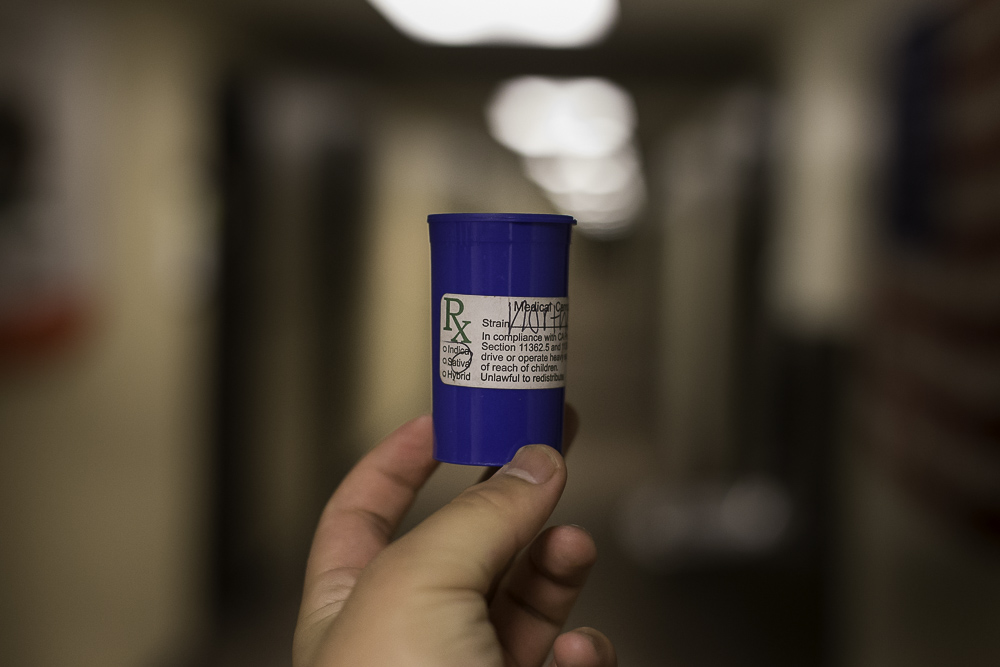Jack Kerouac wrote about it. Hippies shared it. Bob Marley sung about it and American soldiers in Vietnam smoked it from the barrels of their M-16 rifles.
RECEIVING THE LIMELIGHT
The immense popularity of marijuana has engendered national debate and in recent years, advocacy for its legalization in various states. According to Governing Magazine, over “Twenty-three states and the District of Columbia currently have laws legalizing marijuana in some form.”
While the legalization of marijuana has received the limelight in the mainstream media, the shadow of mass incarceration and the War on Drugs continues to target the poor, the marginalized and members of the working class.
Discussion on the legalization of marijuana must go beyond discussion about the economics of cannabis dispensaries or to what extent recreational drugs affect brain function and physical health. While these topics are important and should be addressed, the stories we hear must go beyond the local high school or suburban neighborhood.
LARGEST INCARCERATED POPULATION
The 40-year crusade started in 1971 by the Nixon administration has cost the U.S. more than $1 trillion and has resulted in 45 million arrests. According to “The House I Live In,” a documentary on the War on Drugs reports in 2009, “nearly 1.7 million people were arrested in the U.S. for nonviolent drug charges — more than half of those arrests were for marijuana possession alone.”
The United States already has the largest incarcerated population in the world, holding nearly 25 percent of all the world’s prisoners, despite having less than five percent of the world’s population. Those who become victims of the War on Drugs are branded as criminals and treated as pariahs, as the ACLU reports criminal records “pose barriers to employment, housing and stability.”
An estimated 80 percent of those arrested were arrested for possession only. A vast majority of those arrested are not violent criminals or members of the drug cartels. Many of these drug offenders are detained for merely possessing small amounts of cannabis, posing no harm to anybody else in their communities.
THE NARRATIVE OF WAR
The legalization of marijuana does not mean an advocacy for the use of recreational drugs. The increasing use of heroin and meth has cultivated an underground economy in places like Eastern Kentucky and has ripped apart some of the nation’s poorest communities.
Whether it is the Colombian government halting US fumigation programs that have affected peasant farmers and indigenous people or Portugal deciding to decriminalize all drugs, the U.S. must change its approach to drugs. While poorly financed schools are being shut down in underserved communities nationwide, well-funded prisons are being constructed to incarcerate a larger portion of the population.
Our propensity to declare rhetorical wars, whether they be poverty, terror or drugs, indicates how intimately the narrative of war is woven into the fabric of America. The violence and suffering brought upon by the war on drugs is real, and will continue to plague our country unless we stop treating prisons as rehabilitation centers and start building programs aimed at treatment instead of punishment.







